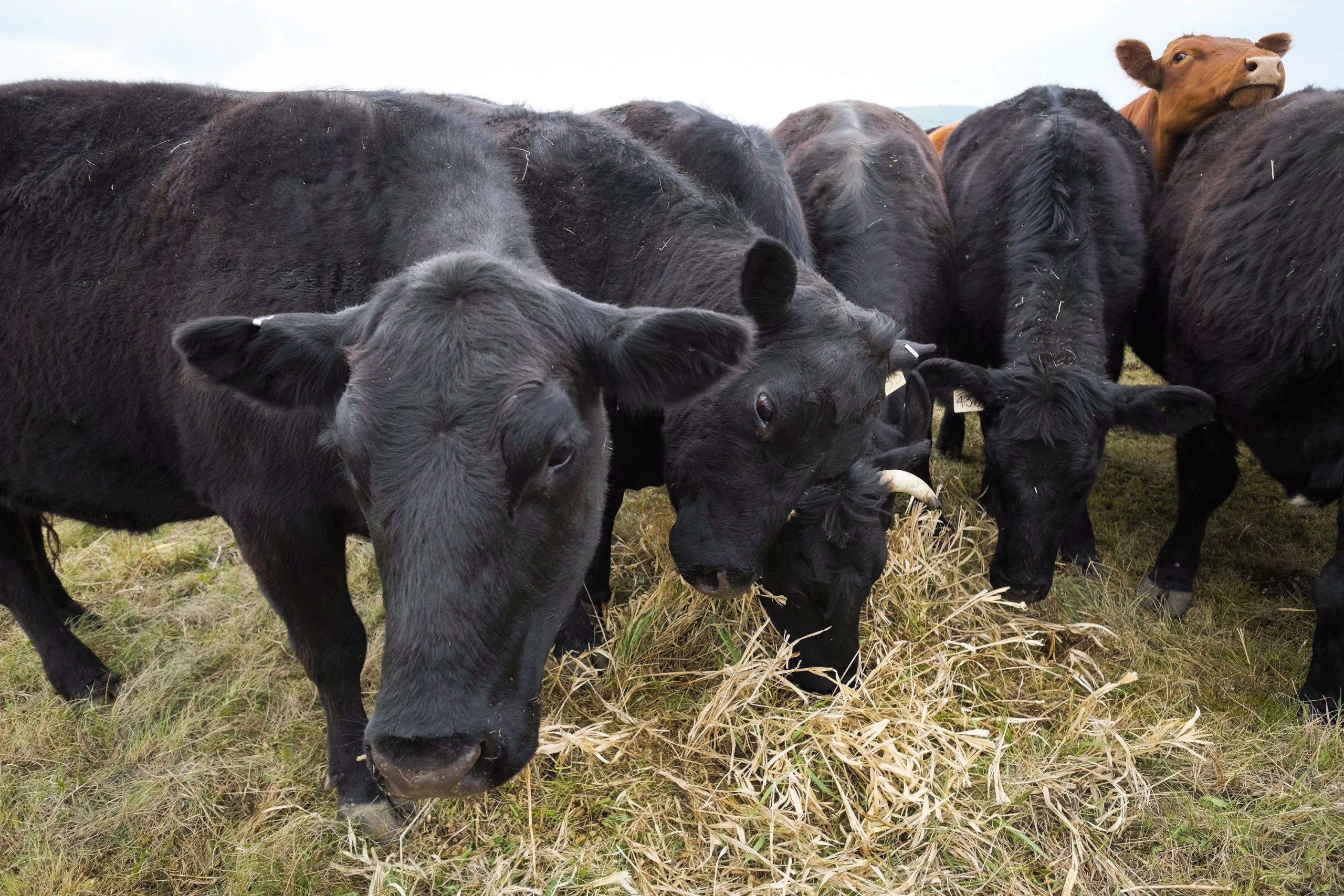Local News
B.C.’s farmers, ranchers resilient amid tariff uncertainty

B.C.’s farmers and ranchers say they are resilient and they will get through all the uncertainty around United States President Donald Trump’s tariff deadlines.
“The way we are looking at it is we are currently in a transition period, we are in a holding pattern,” said Jennifer Woike, president of the BC Agriculture Council (BCAC), which represents over 20,000 farm families across the province.
Woike tells The Leader Spirit that discussion among the BCAC’s membership is dominated by finding new ways to do business and coming up with solutions to the challenges the sector will face if and when US tariffs are implemented.
That includes pivoting to new international markets, advocating to tear down inter-provincial trade barriers, and focusing on local demand.
“We definitely have agricultural products that are very high on the export list and that rely very heavily on the United States … such as farmed Atlantic salmon, blueberries, horticulture,” Woike explained.
“And the local market is super important. We’ve all seen that focus on ‘support local, buy local, know where your food comes from’ and that is now more important than ever,” she added.
“Every food producer in our province and our country is needed and necessary … whether that be the large-scale farmer or the farmer who has their own market, a farm garden stand or sells at the local farm market. We need everybody, and we need the community to support that.”
Woike says that despite the uncertainties and instability caused by the Trump administration, B.C.’s agricultural sector will survive.
“We are resilient. Farmers and ranchers have been through a lot in this province over the past five or 10 years — with avian influenza, with flooding, with droughts, with heat domes, with forest fires. We just keep pivoting, and we keep becoming more resilient to these challenges that are in front of us.”
She says the industry is accustomed to fighting through challenges related to climate change, emergency management, labour issues, and rising input costs.
“We have been through harder times than this, and we will get through this. Yes, we are concerned, but it’s going to be business as usual for us moving forward. We will continue to supply food and food products to British Columbians. That is what we do best.”












